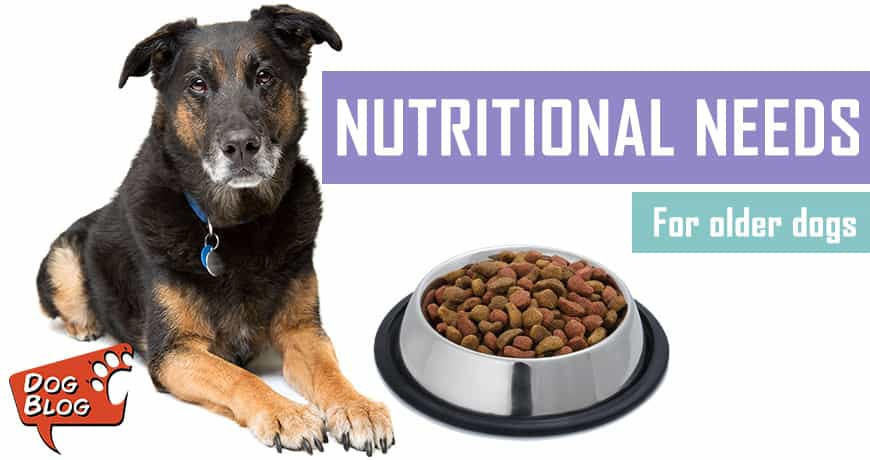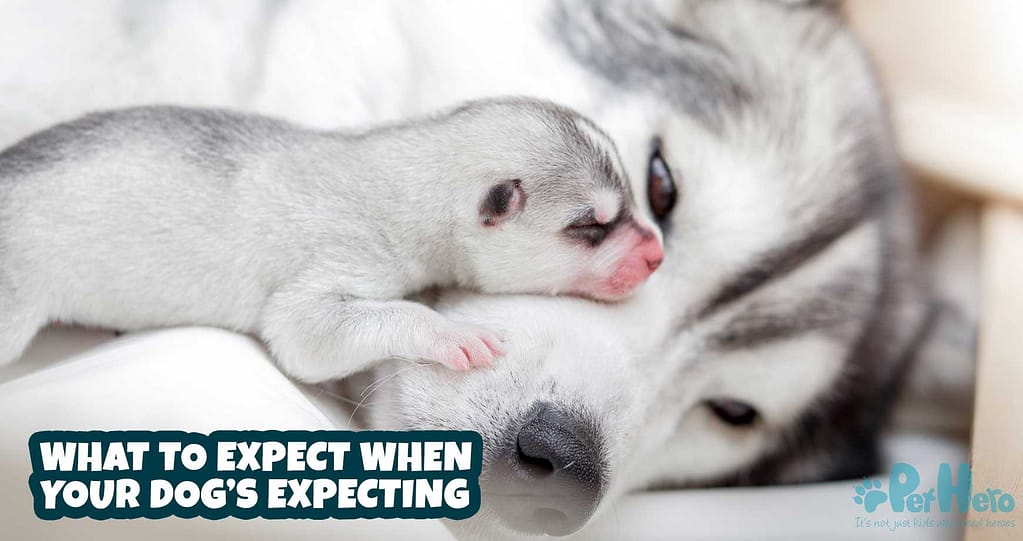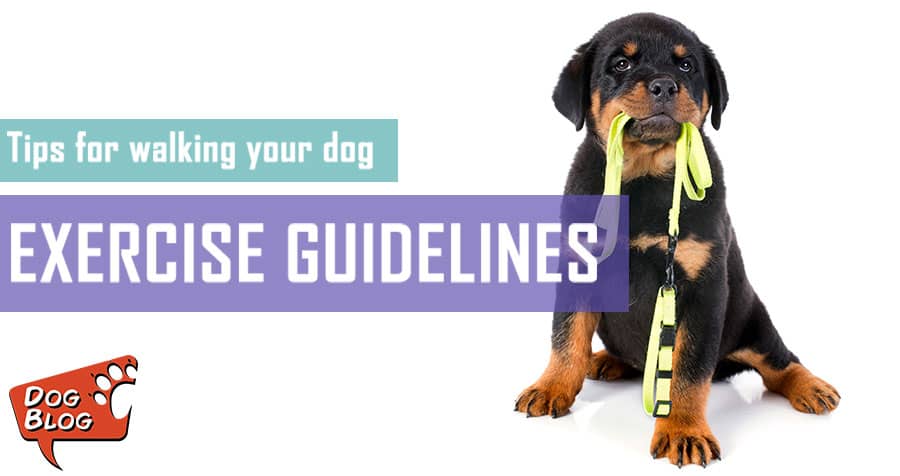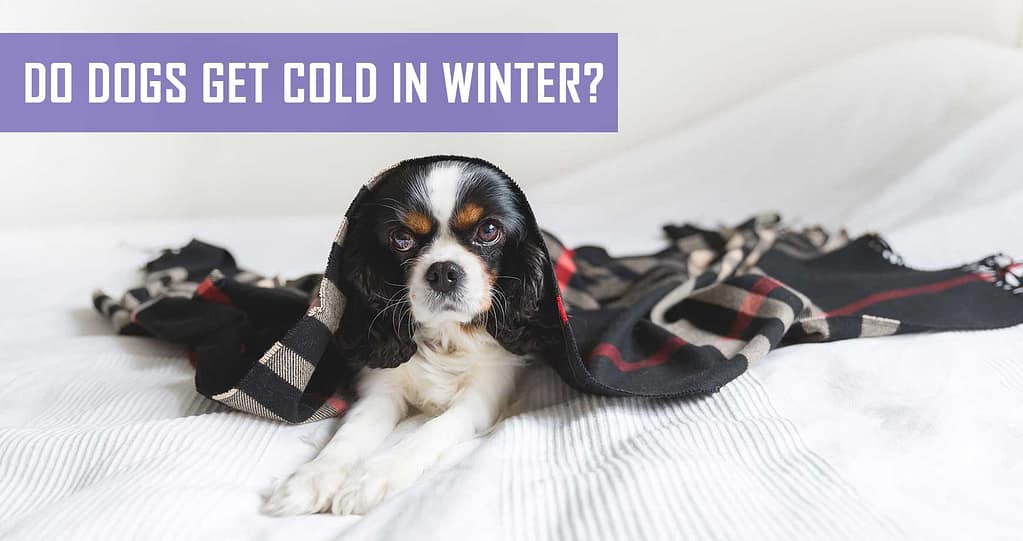We all love to think back to that first moment we brought home our playful puppy – the joy we felt! But life goes on and our pup turns into an older and wiser hero. As a dog ages, they go through significant physical changes, like the way their body consumes energy and the amount of nutrients needed to give them energy. Ageing animals undergo metabolic, immunologic and body structure changes that you as a pet owner need to consider. Some of these changes are unavoidable and are just part of the ageing process, while others can be well managed with the correct diet and nutrition.
When is my dog considered senior?
Smaller breeds can generally live up to 16 years of age and the larger breeds up to 10 years. Bigger dogs are considered to be senior at around six years of age, while the smaller breeds only become senior at around eight or nine years of age. Ask your local vet about a senior diet when your dog hits the age of seven.
Good quality food should provide your dog with the proper nutritional requirements, such as an increased fibre intake to help regulate their bowel movement and the right amount of protein and salt to decrease stress on the kidneys.
Some signs of ageing include:
- More time spent sleeping
- Becoming less playful
- Less physical activity
- Becoming less responsive
- Skin changes
- Decrease in muscle mass
- Appetite changes and weight gain (as their metabolism slows down)
Common conditions in older dogs are kidney and liver disease, which makes them extremely ill. Obesity can lead to serious arthritis and back problems. Heart disease and the loss of vision and hearing are also quite common in older dogs. Cancer and tumours are also common, but are often curable if caught and treated correctly and early enough. Arthritis will cause severe pain and needs to be managed with the correct care and treatment. Consult with your vet on how to give your pet the appropriate comfort and care.
What can I do?
It is important that your dog has an annual check-up at the vet. This becomes more important as they age, so talk to your vet about whether such visits should become more frequent. During the dog’s physical examination, the vet will listen to your dog’s heart and lungs, take their temperature and examine their skin, fur, ears, eyes, mouth, teeth and internal organs. The vet may feel that routine screening tests are required for early detection of potential age-related problems.
Just because your dog is getting older doesn’t mean that they no longer need stimulation and exercise – which is good for both the young and the old. Our beloved pets are very important to us! They gave us the best parts of their lives and we should ensure that we provide them with as much love, comfort and care as possible, even more so when they get older, slower and greyer.
Most common diseases found in older dogs
- Arthritis
- Gingivitis and periodontal disease
- Eye problems
- Cognitive dysfunction or canine senility
- Cancer
- Kidney disease
- Liver disease
- Heart disease
- Diabetes
- Skin tumours
- Incontinence
- Prostate problems
- Cancer
Some breeds will be more susceptible to certain conditions than others, which is why it’s important to regularly check in with your vet and keep an eye on your older dog’s health.







